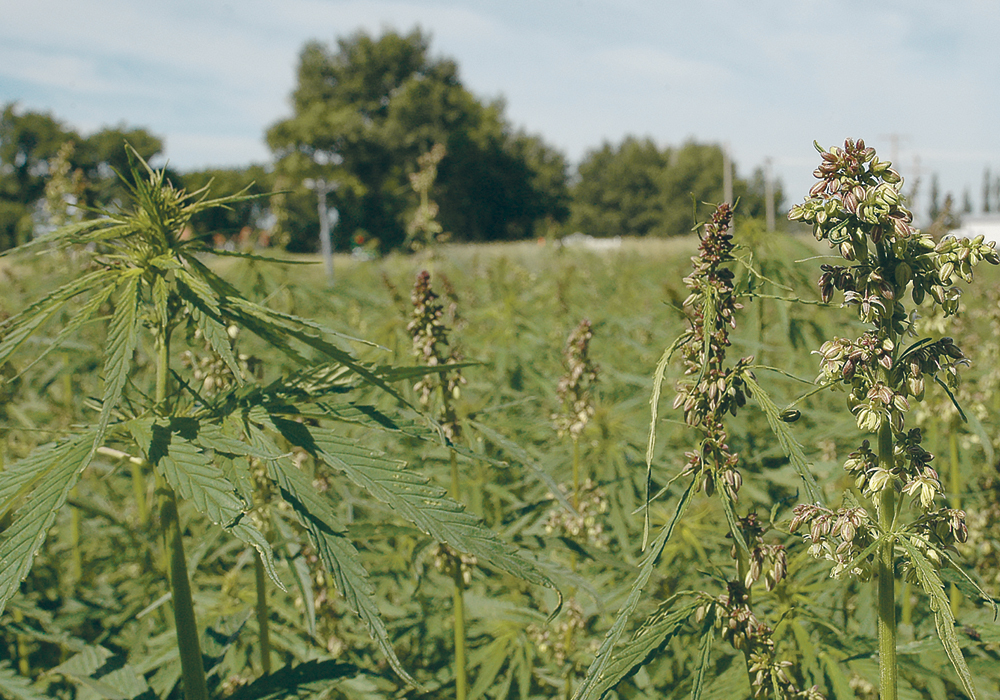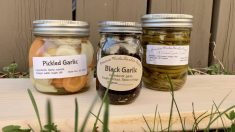Hemp growers in Canada, Australia, New Zealand and Europe are tired of the stringent and complex regulations around industrial hemp.
Collectively, they are calling for a consistent and global system for the production and sale of hemp. In simple terms, they want governments to treat it like an agricultural crop.
“The global consensus is clear. It is now time to remove hemp from the list of controlled substances around the world, for the benefit of health-conscious consumers, farmers, and economic development and trade,” Canadian Hemp Trade Alliance president Keith Jones said in a statement.
Read Also

Farming Smarter receives financial boost from Alberta government for potato research
Farming Smarter near Lethbridge got a boost to its research equipment, thanks to the Alberta government’s increase in funding for research associations.
This morning, the CHTA and hemp associations in Europe, Japan, Latin America, Australia and elsewhere issued a united position on how hemp should be managed around the world. In the document, they say hemp should be treated as an “agricultural product.”
In Canada, hemp is still designated as a controlled substance and its production is regulated. A farmer who wants to grow industrial hemp must get a licence from Health Canada, as does anyone who wants to sell, process, import or export hemp.
Health Canada has relaxed some regulations around hemp, and growers are now allowed to harvest the entire plant, including flowers and leaves, which are used to make cannabidiol (CBD) health products.
Other countries have their own rules and regulations. The inconsistency and confusion around regulations is “one of the major roadblocks” to growth in the hemp trade, said Ted Haney, CHTA executive director.
“Some treat it as an agricultural product; others as a narcotic. The current patchwork of regulations makes selling hemp internationally very difficult.”
The collection of hemp associations is asking for clear rules around hemp, including a THC (the active ingredient in marijuana) threshold of 1.0 percent in hemp, and making it clear that hemp is an agricultural crop, not a drug.
If the rules around hemp are removed or clarified, it could create new jobs and wealth in Canada over the next decade, the CHTA said, including:
• 360,000 additional acres of hemp
• $320 million new farmgate sales
• $960 million new value-added industry sales
• $750 million new exports
• 9,000 new jobs
In the last several years, Canadian farmers have seeded 60,000 to 160,000 acres of hemp.
The national and regional hemp associations aren’t alone in their belief that the crop should be classified as an agricultural commodity.
The World Health Organization’s expert committee on drug dependence has recommended that low-THC hemp extracts be removed from inter-governmental regulation.
The United Nations Commission on Narcotic Drugs has received that recommendation. It will meet in December and may consider de-listing hemp as a narcotic.
Contact robert.arnason@producer.com


















